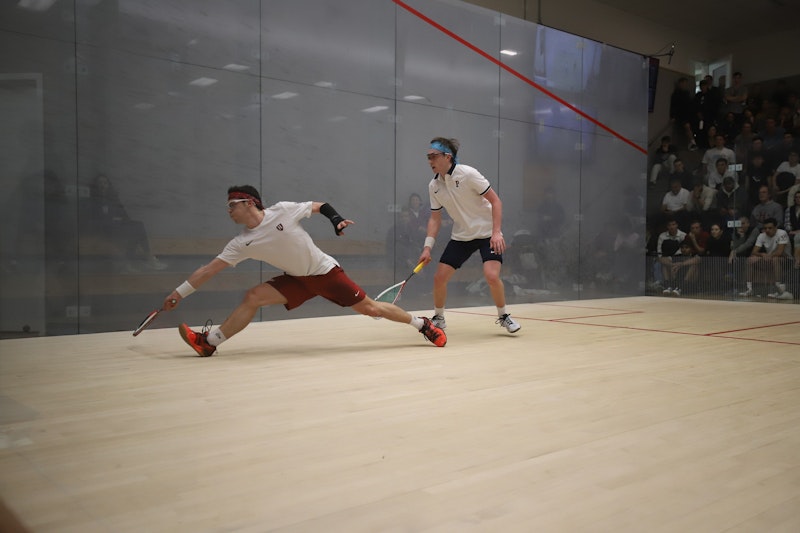The Supreme Court barring colleges that receive federal funding from considering race in admissions sparked conversations about meritocracy. One part of that issue is receiving little attention: niche sports.
While liberals and conservatives have called to end legacy preference in admissions, and some have correctly pointed out that children of employees have an unfair advantage in admissions at selective colleges, neither side prioritizes discussing how niche sports teams give the wealthy another edge in admissions. If schools want a more meritocratic system, here’s an easy solution: drop those sports. Looking at Harvard’s athletic department, you’ll find sports dominated by the rich: ice hockey, fencing, squash, sailing, and skiing. How does one become great at these sports? It requires time and effort, like many sports. However, it also requires access—and that means money.
I graduated from Marshfield High School in Massachusetts, a public school in a wealthier-than-average town in one of the wealthier states in the country. But my high school only offered one of the niche sports: ice hockey. Marshfield has produced plenty of professional hockey talent, but none are Marshfield High graduates, unlike those who made it to the NFL. Division 1 ice hockey players attend expensive private high schools, as do those who participate in the other sports mentioned. Fencing and squash are not sports sanctioned by the Massachusetts Interscholastic Athletic Association. However, New England has many of the best private boarding schools in America, and many offer these types of sports.
In admissions, considering one’s abilities in less common sports grants another advantage to the wealthy. These niche sports are less accessible to working- and middle-class families than football, baseball, basketball, and soccer. Wealthier families are more likely to have the money necessary for private lessons, private schools, personal trainers, and travel teams. Or, the families can live in a wealthy school district with a robust athletic department, although that generally only helps with the more mainstream sports.
At elite colleges, recruited athletes often have SAT scores that are 200 points lower than the median applicant admitted. That’s absurd. We should want our elite to be the best, brightest, and hardest-working; excelling at squash, although a feat worth celebrating, shouldn’t mean schools admit less gifted students into these elite circles. Cutting back on various sports, including niche ones that help the wealthy and connected get into elite schools, would also save the academic institutions money. The only two sports that, on average, generate more revenue than they cost are NCAA Division 1 men’s basketball and football. Generally, the perpetually dominant programs consistently make money in those sports, while such sports contribute to the loss of tens of millions of dollars each year at less athletically-inclined schools. If those schools cut some athletic programs, they could also either reduce their costs or hike costs less quickly. Since cost is a barrier to higher education that also disproportionately impacts lower- and middle-income people, making schools more affordable would also increase meritocracy in admissions.
Harvard and other elite academic institutions are unlikely to cut such programs as they face no financial constraints and prefer to focus on race rather than class. Increased scrutiny on the latter is inconvenient for the elite as it addresses societal inequities those in positions of power would rather ignore, whereas they can make token gestures to appear as though they care about various racial issues; some call it virtue signaling.
Meritocracy in admissions is a worthy goal. Until schools or the law address every non-meritocratic advantage in admissions, some people will have an unfair advantage.

